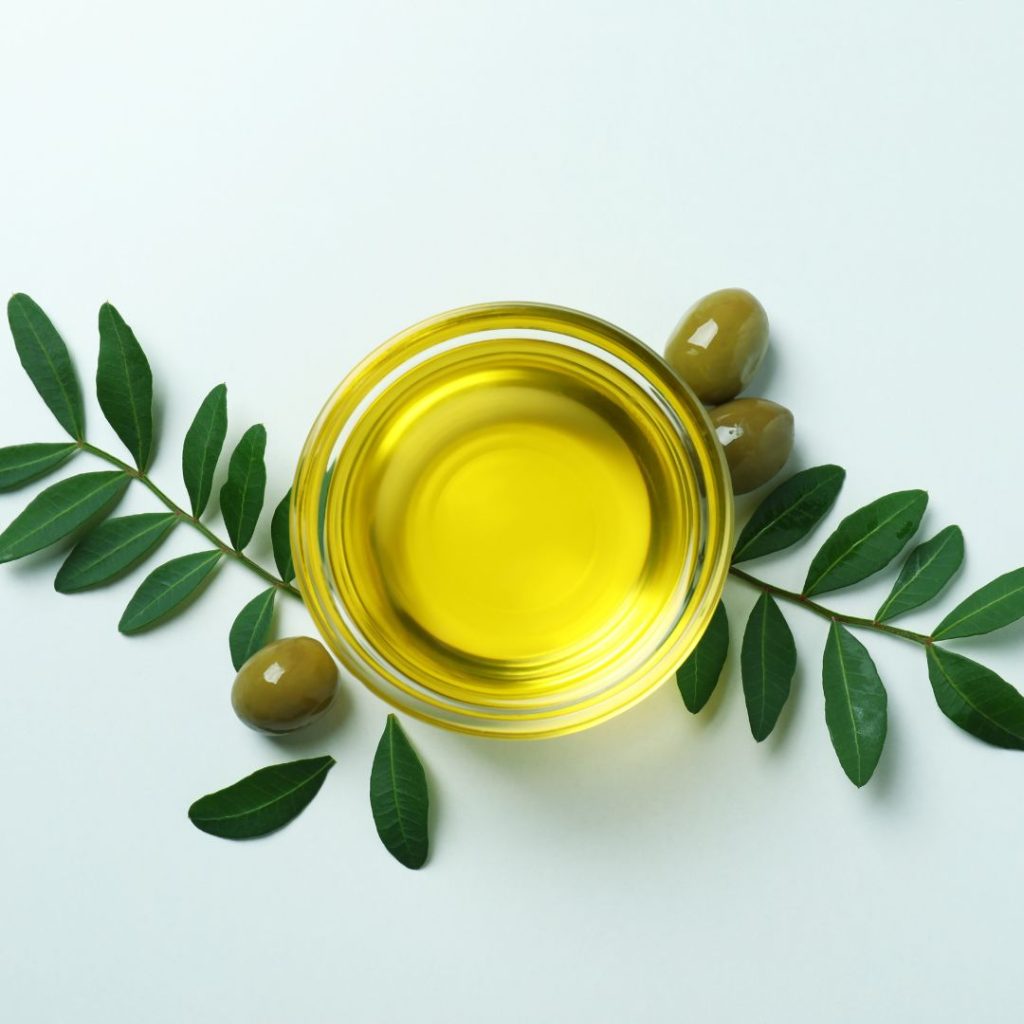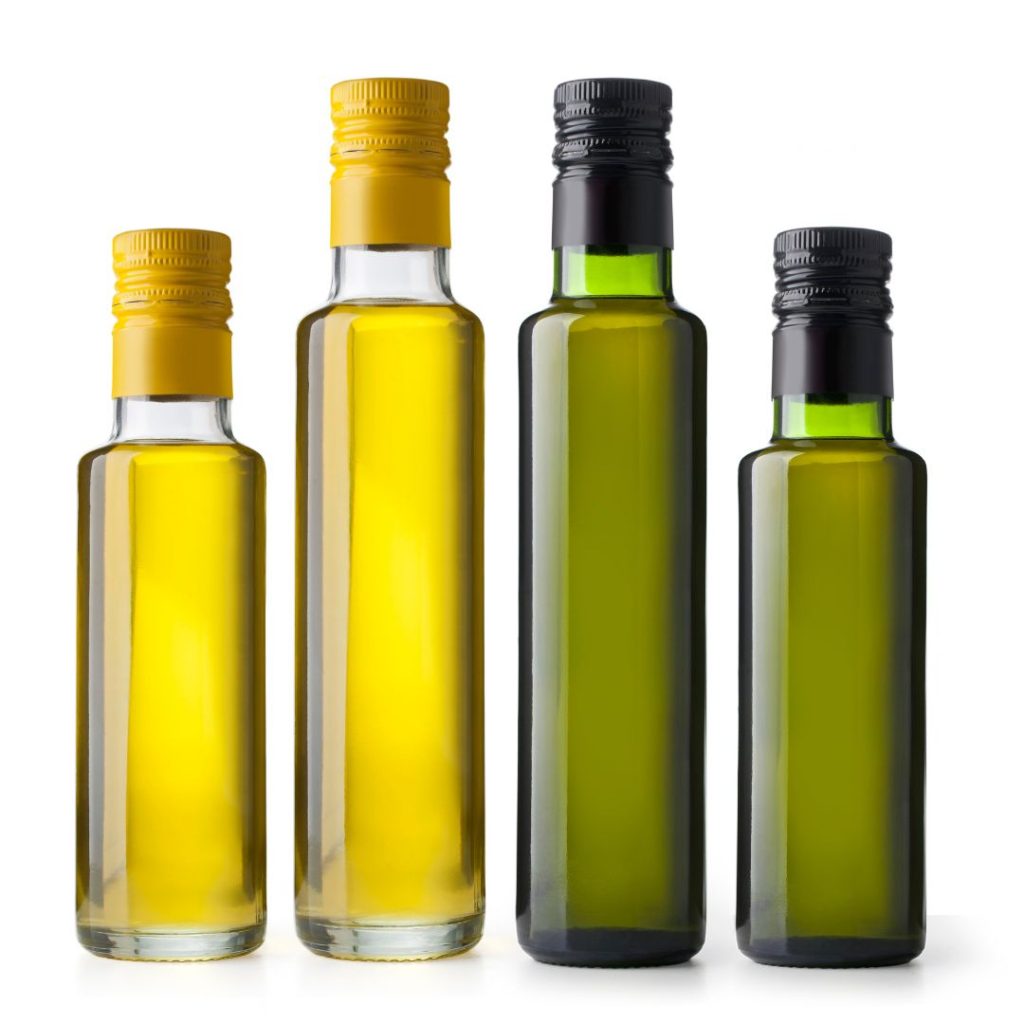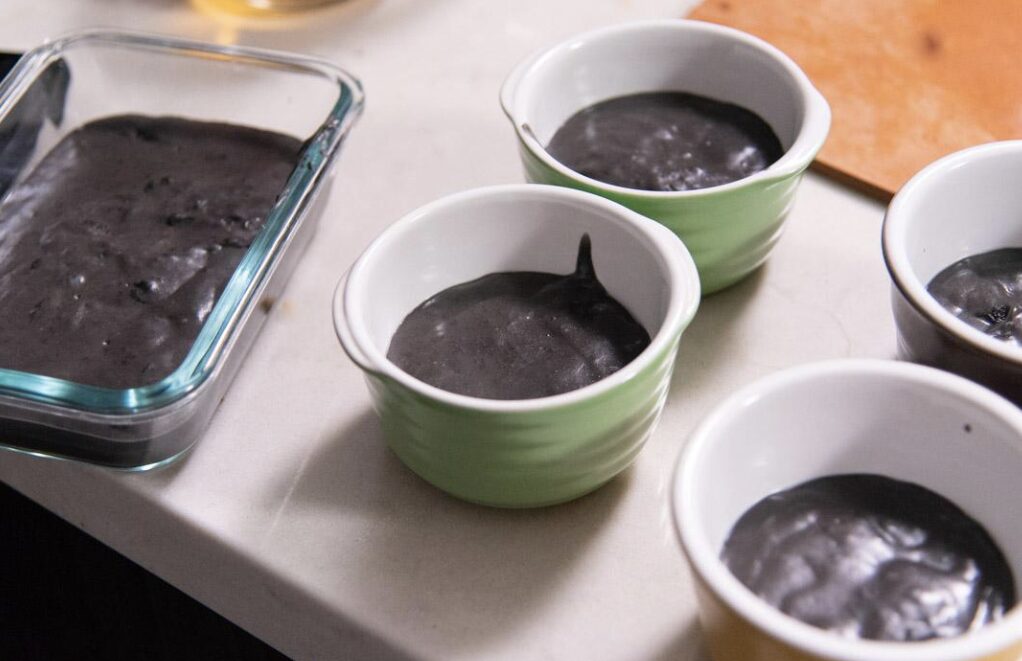Picture this: You’re on the hunt for a delicious recipe. As you browse through countless websites, something finally catches your eye.
The recipe specifies using extra virgin olive oil, yet all you have on hand is regular olive oil.
Now, you are left pondering in your kitchen whether to make a grocery run for the extra virgin variety or use what you’ve got in your pantry.
Distinguishing between extra virgin olive oil and regular olive oil can be perplexing, but you do not need to be a culinary wizard to choose what will work best for your meal.
This article will help you explore the differences between extra virgin olive oil and regular olive oil for cooking.
Whether you’re a culinary enthusiast or simply seeking innovation in your kitchen, this comparison will empower you to make informed decisions about the oils you use in your favorite dishes.

Health Benefits of Extra Virgin Olive Oil vs. Olive Oil
When it comes to health benefits, extra virgin olive oil is superior compared to its regular counterpart.
Extra virgin olive oil is the purest form of its kind, obtained from the first pressing of olives, making it rich in natural antioxidants and nutrients.
Extra virgin olive oil is also known for its high levels of monounsaturated fats, which can help lower bad cholesterol and reduce the risk of heart disease.
Extra virgin olive oil also contains powerful anti-inflammatory properties, which can aid in the prevention of chronic diseases such as cancer and Alzheimer’s.
Additionally, it’s packed with vitamins E and K, essential for maintaining healthy skin and bones.
Although olive oil offers some health benefits similar to extra virgin olive oil, it is worth noting that the regular variety usually undergoes more processing than its virgin counterpart.
Overall, this makes extra virgin olive oil a healthier choice.

Flavor Comparison: Extra Virgin Olive Oil Vs Olive Oil
When it comes to flavor, extra virgin olive oil and olive oil have subtle differences.
With its robust and fruity flavor, extra virgin olive oil adds depth and complexity to your dishes. Its intense taste pairs well with salads, pasta, and grilled vegetables, elevating flavor.
Regular olive oil has a milder taste, making it suitable for everyday cooking and baking.
Its versatility allows it to blend seamlessly with various ingredients, enhancing the overall taste without overpowering other flavors.
Whether you are experimenting with new recipes or looking to add a hint of innovation to your tried-and-true favorites, the choice between extra virgin olive oil and olive oil can make a significant difference in the outcome of your dish.

Smoke point and cooking temperatures: extra virgin olive oil vs. olive oil
Using extra virgin olive oil or olive oil at high cooking temperatures can affect the smoke point and potentially alter the flavor of your dish.
If you desire innovative cooking techniques, it is important to understand the differences between these two oils.
Extra virgin olive oil has a lower smoke point than regular olive oil. This means that when heated at high temperatures, extra virgin olive oil may start to smoke and develop a burnt taste, impacting the flavor of your dish.
On the other hand, regular olive oil has a higher smoke point, allowing you to use it for high-heat cooking methods like frying or sautéing without compromising the taste.
The Pros and Cons of Olive Oil vs. Extra Virgin Olive Oil
Olive and extra virgin olive oil have their fair share of pros and cons that you can consider when choosing between them.
Olive oil is best known for its versatility because of its higher smoke point, has a milder flavor, and is more affordable. However, it tends to have lower nutritional value due to its refining process.
On the other hand, extra virgin olive oil is known for its fruity flavor, nutritious content, and organic extraction. However, it has a lower smoke point and higher price.
Primary Rating:
3.5 | Primary Rating:
3.5 |
$11.88
| $32.99
|
Pros:
| Pros:
|
Cons:
| |
- Regular olive oil is a versatile cooking oil with a higher smoke point than extra virgin olive oil. It can withstand higher temperatures, making it suitable for frying, roasting, and grilling.
- Its milder flavor also makes it ideal for dishes without the oil overpowering the other ingredients.
- It tends to be more affordable than extra virgin olive oil, making it an economical choice for everyday cooking.
- The refining process may involve heat and chemicals, which can diminish some of the oil's natural antioxidants and flavors.
- Due to the refining process, regular olive oil loses some of the health benefits associated with extra virgin olive oil.
- Extra virgin olive oil boasts a robust and fruity flavor profile, adding depth and character to dishes, particularly in salad dressings, drizzles, and dips.
- It also retains a higher concentration of antioxidants, vitamins, and monounsaturated fats, which benefit heart health and reduce inflammation.
- Lower Smoke Point: EVOO has a lower smoke point compared to regular olive oil, making it less suitable for high-temperature cooking methods like frying.
- Cost: It tends to be more expensive than regular olive oil, which can be a limiting factor for budget-conscious consumers.

Which is the better choice for you?
When deciding between the two, you are likely weighing factors like flavor and health benefits.
The choice ultimately depends on the dish you prepare, your dietary preferences, and your cooking style.
Remember, olive oil is not a one-size-fits-all ingredient. Feel free to choose what suits your taste and meal preparation style best. Cooking is all about making your meals your way.










Konnichiwa! (Hello!) I'm Pat Tokuyama, a Japanese tofu cookbook author, who travels for music, food, and adventure. If you like Japanese tea, checkout some of the newestorganic japanese tea, matcha bowls and noren and more!
** Curious about the Plant Based Japanese Cooking Club? ** Learn more here!